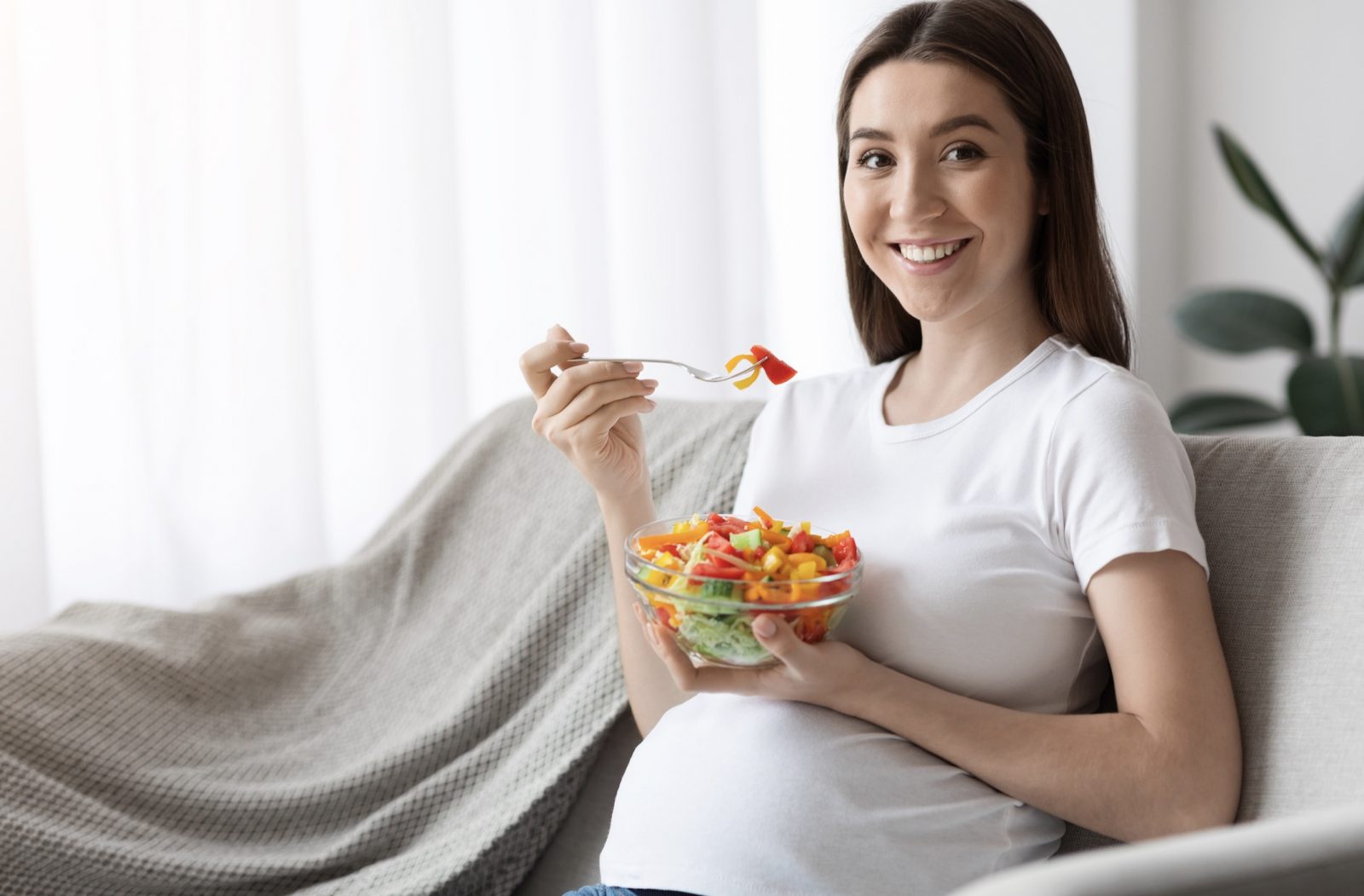Nutrients are elements in food that the human body needs so that it can function properly and grow proportionately. The important nutrients include proteins, carbohydrates, fats, minerals, and vitamins. Your body needs more nutrients than it did before pregnancy.
Reader's Roadmap
What are Special Nutrition Needs During Pregnancy?
When pregnant, your body needs more iron, folic acid, vitamin D, and calcium. Folic Acid is important to prevent certain birth defects while the iron is essential for a baby’s growth and brain development. A proper calcium intake can reduce your risk of preeclampsia – a severe medical condition that causes high blood pressure.
In addition, calcium is important for the healthy development of a baby’s bones and teeth. Consuming a vitamin-rich diet helps the body to extract calcium from the diet. Pregnant women must consume 600 IU of vitamins per day.
Apart from that, consuming coenzyme q10, a vitamin-like substance, can help reduce excessive inflammation that can cause preterm birth. In addition, coenzyme also helps to reduce oxidative damage and prevents adverse pregnancy outcomes.
Consider taking some inositol supplements. It helps in regulating maternal glucose that aids in the prevention of gestational diabetes among overweight and obese pregnant women.
Proteins are considered to be building blocks of the body and necessary for pregnant women and their offspring. Some of the healthy resources of protein include beans, peas, soya, lean meat, eggs, seafood, seeds, and unsalted nuts.
Other than a nutrition-rich diet, it’s important that you keep your body hydrated all the time. Liquid intake in any form can help prevent dehydration. Avoid soda and too many caffeinated drinks during pregnancy.
Keep in mind that excessive amounts of nutrients can be harmful to the body as well as the foetus. So, before you start taking supplements, it’s important to consult your gynaecologist to avoid any adverse effects.
Calorie Intake During Pregnancy
The number of calories you consume depends on the amount of weight you gain. Consulting your healthcare provider can help you determine your weight gain goals during pregnancy. Several factors like your age, pre-pregnancy weight, and the intensity of weight gain decide how many calories you need.
The general calorie consumption during various stages of pregnancy is as under:
- Mostly, no extra calories are required during the first trimester of pregnancy.
- You need around 340 extra calories every day during the second trimester of pregnancy.
- You need 450 (approximate) calories per day during the third trimester of pregnancy.
- Also, extra calorie intake during the final weeks can give additional health benefits.
Items that You Must Avoid During Pregnancy
Several food items contain germs and can cause foodborne illnesses. These food items include:
- Deli meat or hot dogs unless you steam them properly before eating
- Refrigerated meat spreads and store-made chicken or salads
- Raw sprouts including alfalfa, radish, clover, and mung bean
- Unpasteurized milk and cheese such as queso Blanco or queso fresco
- Refrigerated seafood like salmon, whitefish, and mackerel
Eating a balanced diet can keep you and your baby healthy, so ensure to eat a variety of vegetables, legumes, fruits, healthy fats, and whole foods before, during, and after pregnancy.







Leave a Reply
View Comments